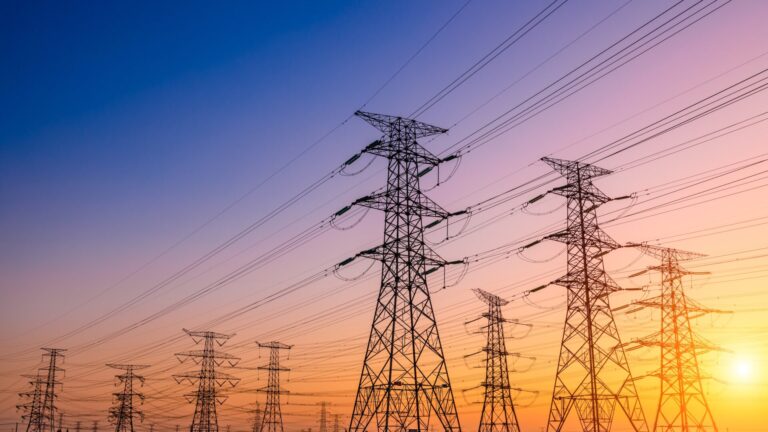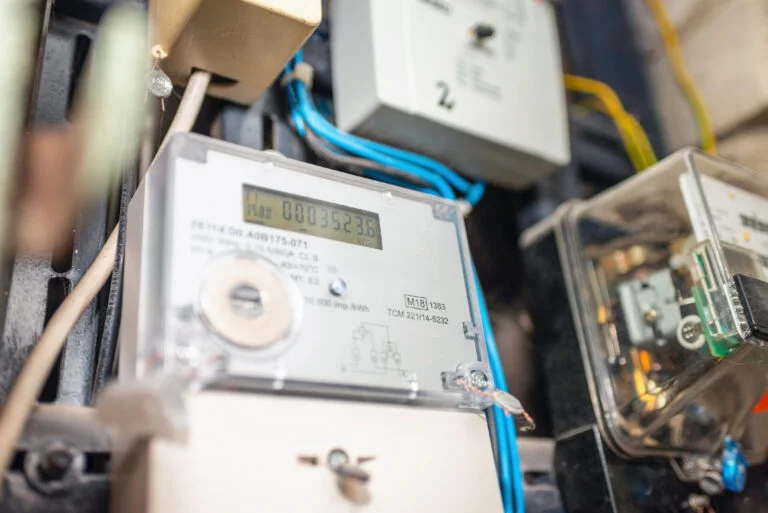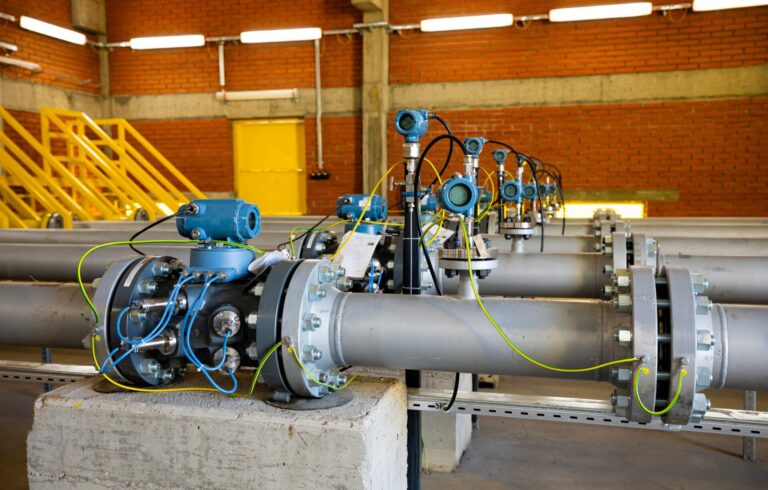How Energy Costs Can Impact Your Business
-
Unpredictability:
Fluctuations in energy prices can make it difficult for businesses to budget and plan for the future.
-
Budget Restrictions:
Rising energy costs can force organisations to cut back on other areas, such as staff, maintenance, or investment in improvements.
-
Increased Operating Costs:
Higher energy prices drive up the day-to-day costs of running a business. This can strain budgets and make it more difficult to manage other expenses.
-
Environmental Concerns:
Without a renewable tariff, high energy use increases emissions—posing a challenge for sustainability-focused organisations.

Tips and Methods to Reduce Your Energy Bills
-
1. Conduct Energy Audits
An audit identifies energy waste - like excessive lighting or poor insulation - so repairs and strategies can cut over-consumption.
-
2. Upgrade to LED lighting
LED lighting is one of the quickest and most efficient ways to reduce energy consumption. Traditional bulbs use on average 60 watts to create sufficient lighting, whereas LEDs use 8-10 watts, and also have a much longer lifespan.
-
3. Implement Energy-Efficient Appliances and Equipment
When it becomes necessary to replace your current equipment, prioritise selecting models that are designed to be more energy-efficient.
-
4. Harness Renewable Energy
Explore the possibility of incorporating renewable solutions, such as solar panels. This can significantly reduce your reliance on traditional energy sources and lower long-term costs.
-
5. Educate Occupants and Staff
Encourage energy-saving behaviour among occupants and staff. This could include turning off switches when not in use and powering down equipment.
-
6. Utilise Smart Building Technology (IoT)
Smart building technologies, also known as IoT, can automate energy management. Sensors and control systems can optimise lighting, HVAC, and other systems based on real-time conditions.
-
7. Regularly Monitor Energy Consumption
Track your energy consumption to identify trends and measure the effectiveness of your energy-saving initiatives. Energy management software can assist you in analysing data, as well as your Supplier’s customer portal.
-
8. Seek Professional Advice
Consider consulting an energy management company, seeking further advice tailored to your requirements to reduce expenditure and gain ongoing support to help you achieve your goals.
-
9. Optimise Water Heating Systems
Organisations with extensive facilities or industrial operations, should consider the cost of heating water, which can be lessened by utilising energy-efficient water heaters and insulating water pipes and tanks to reduce heat loss.
-
10. Implement Peak Demand Management
Large energy consumption can come from a high demand of equipment using lots of power at once. Implement a structure, limiting the amount of equipment or devices that can be used at any one time.






